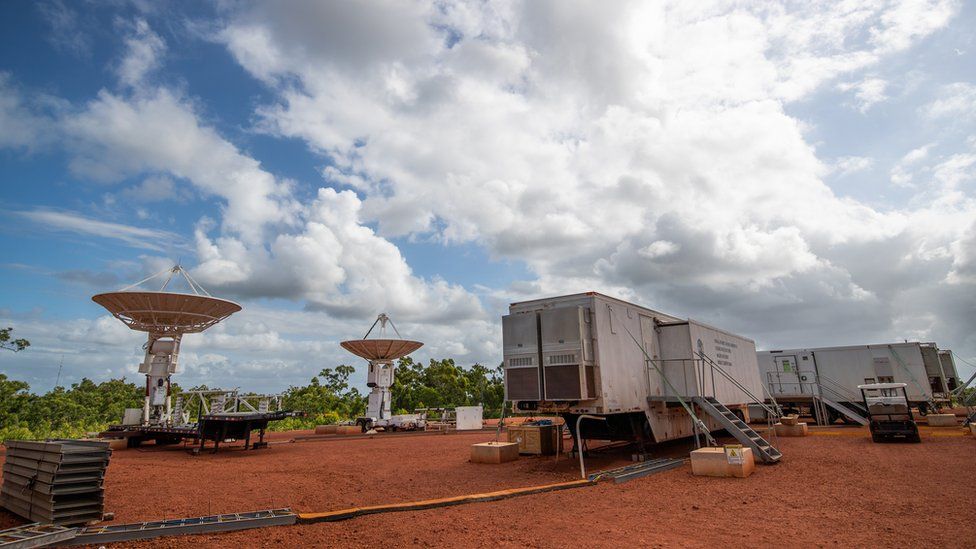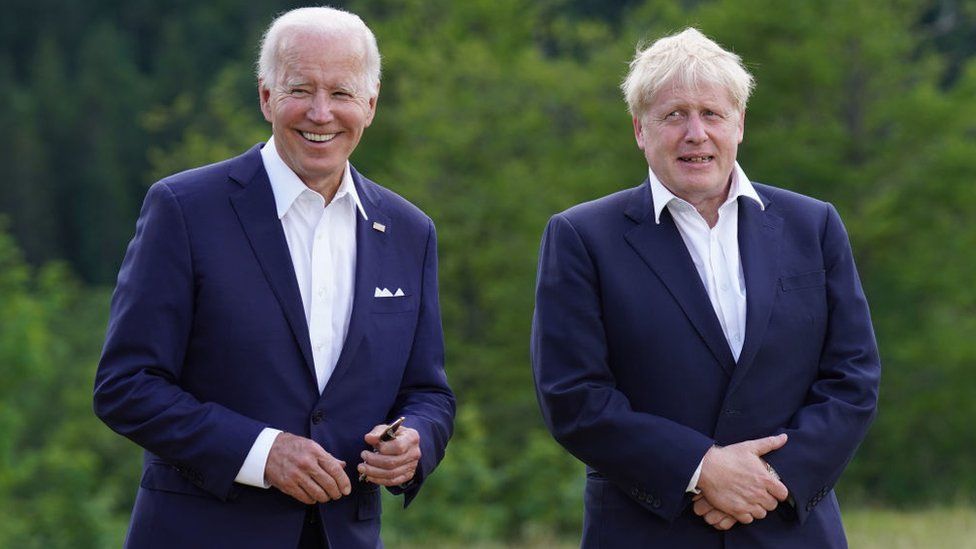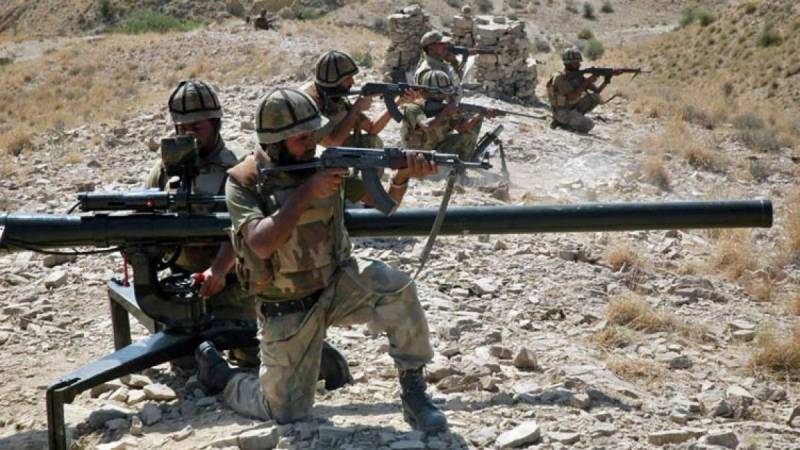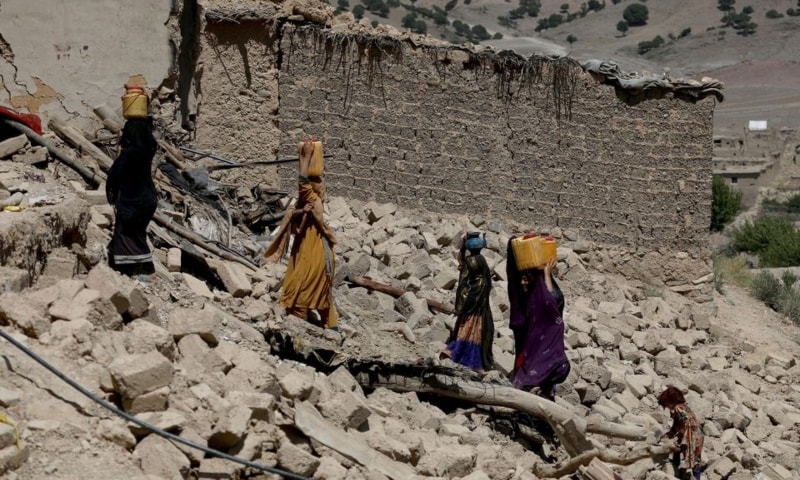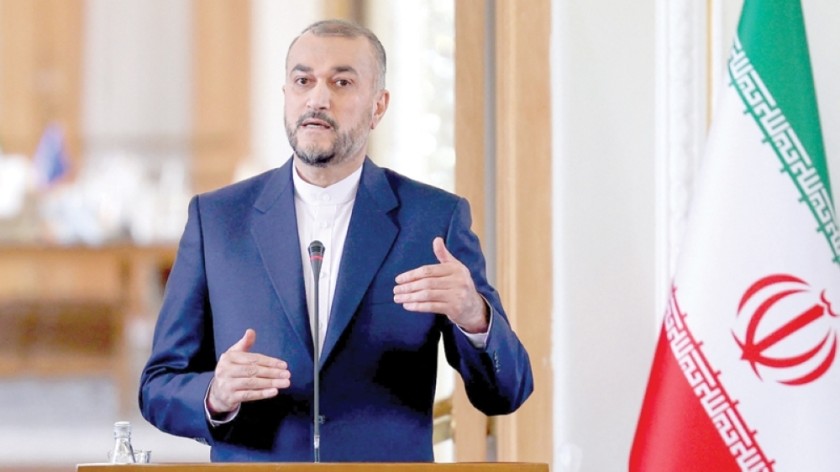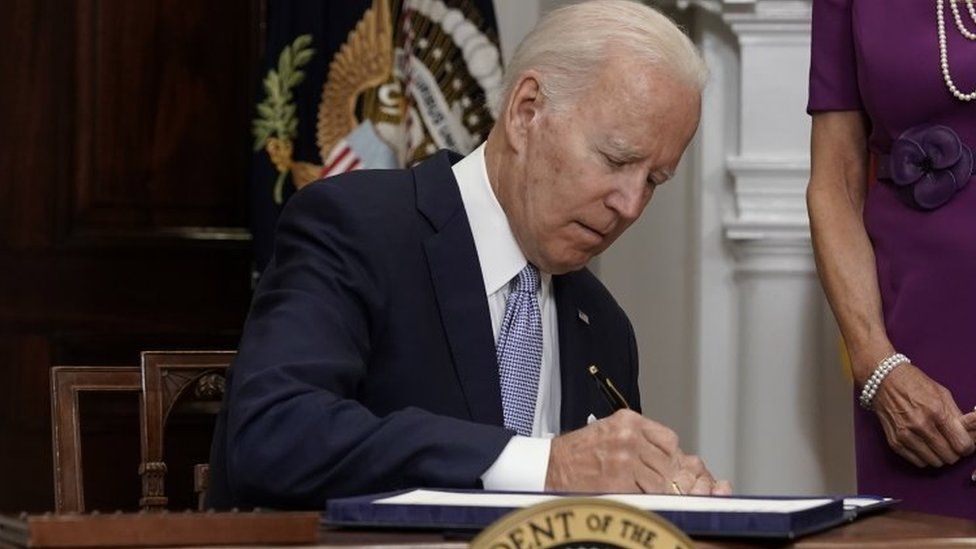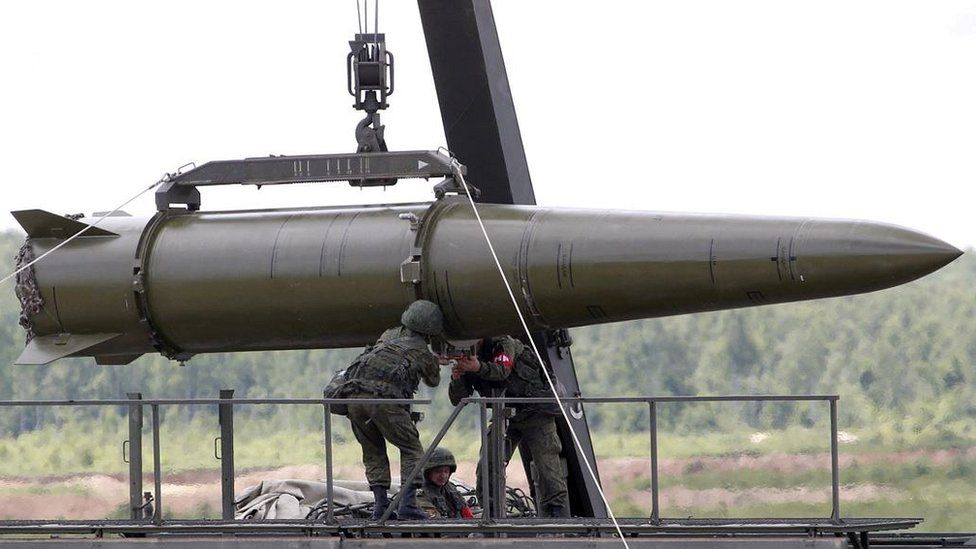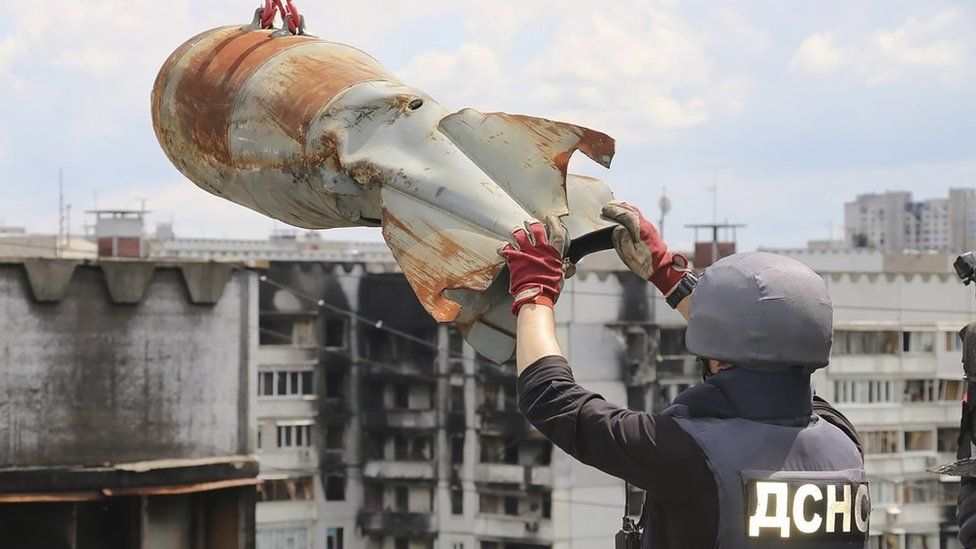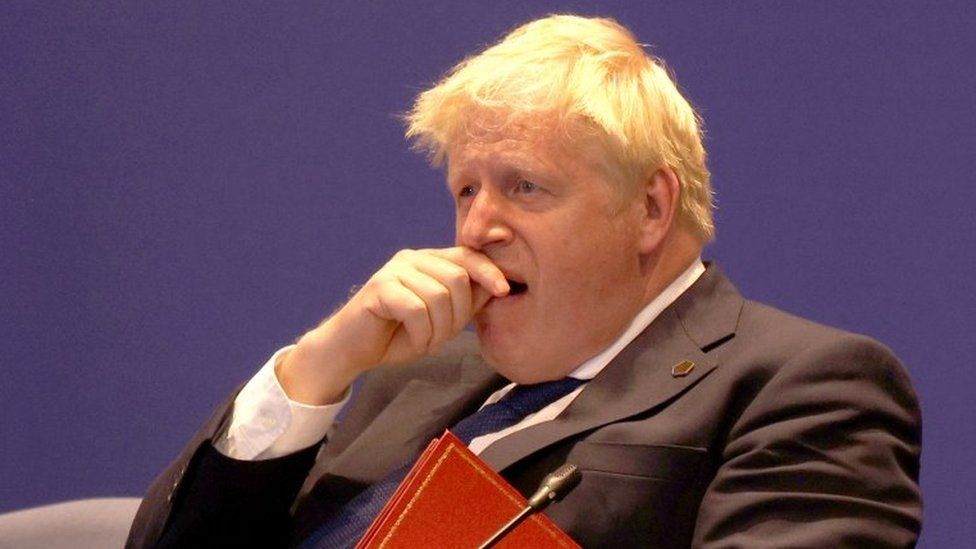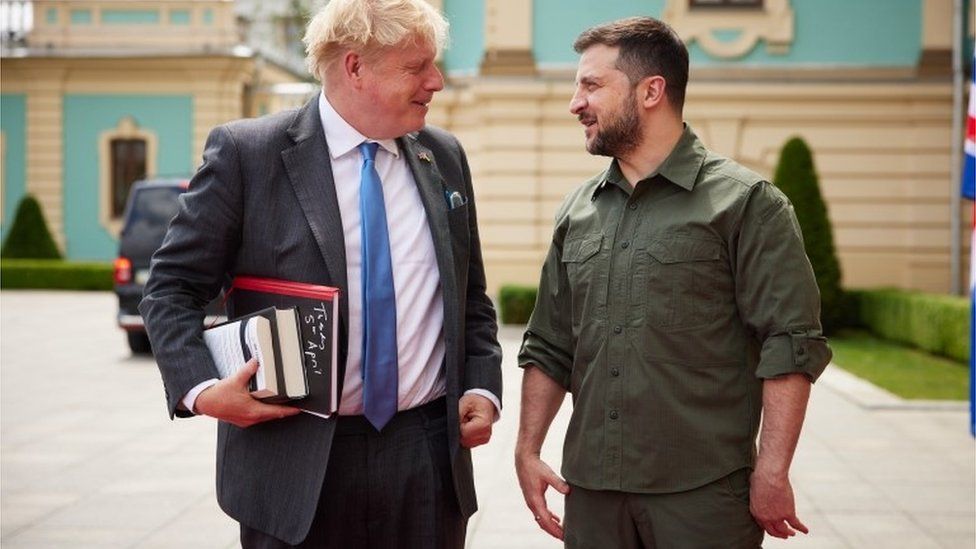The sub-orbital rocket blasted off from the tiny site early on Monday local time.
It will enable astrophysics studies that can only be undertaken in the Southern Hemisphere, Nasa says.
The launch was also the first in Australia in more than 25 years.
The rocket is Nasa’s first of three to blast off from the newly constructed Arnhem Space Centre on the edge of the Northern Territory.
Scientists hope it will help them study the impact of a star’s light on the habitability of nearby planets.
Onlookers who travelled to the remote site glimpsed the rocket for only about 10 seconds before it entered the Earth’s atmosphere.
“It was in the blink of an eye, but to me, it was like it was in slow motion because the whole area just lit up,” Yirrkala School co-principal Merrkiyawuy Ganambarr-Stubbs told the Australian Broadcasting Corporation.
“It went up, and then the sound, it was just like a rumbling boom, like nothing I’ve ever heard. And I just shook with amazement.”
But the data gathered in that time will help illuminate the secrets of star constellations 430 million light years away, says the chief executive of Equatorial Launch Australia, which runs the space centre.
“Without getting too deep into the science, it was effectively a large X-ray camera looking at various astrological phenomenon and trying to capture parts of boulders in the Milky Way and particularly the star cluster of Alpha Centauri,” Michael Jones told the local network Nine.
Northern Territory Chief Minister Natasha Fyles hailed the launch as an “extremely proud” moment for Australia, adding it was conducted with the blessing of the region’s Aboriginal traditional owners.
“Here on Yolngu land, young Territorians can look up at the sky and know what can be done,” Ms Fyles said.
“When we see the oldest living culture combining with the science of space, as we have here, it’s something we can all reflect on and be very proud.”
Australia has stepped up its space efforts in recent times, unveiling a defence agency focused on countering Russia and China’s ambitions in space.
The Arnhem Space Centre is the first and only commercially owned and run equatorial launch site in the world.
“We have achieved a remarkable feat and made a huge mark in the history of Australia’s journey in space,” Mr Jones said in a statement.
“[It] confirms that we and Australia can provide access to space and this is just the beginning for us.”
The next launch is expected to take place on 4 July.
Nasa has pledged to collect all material and debris and return them to the US.


